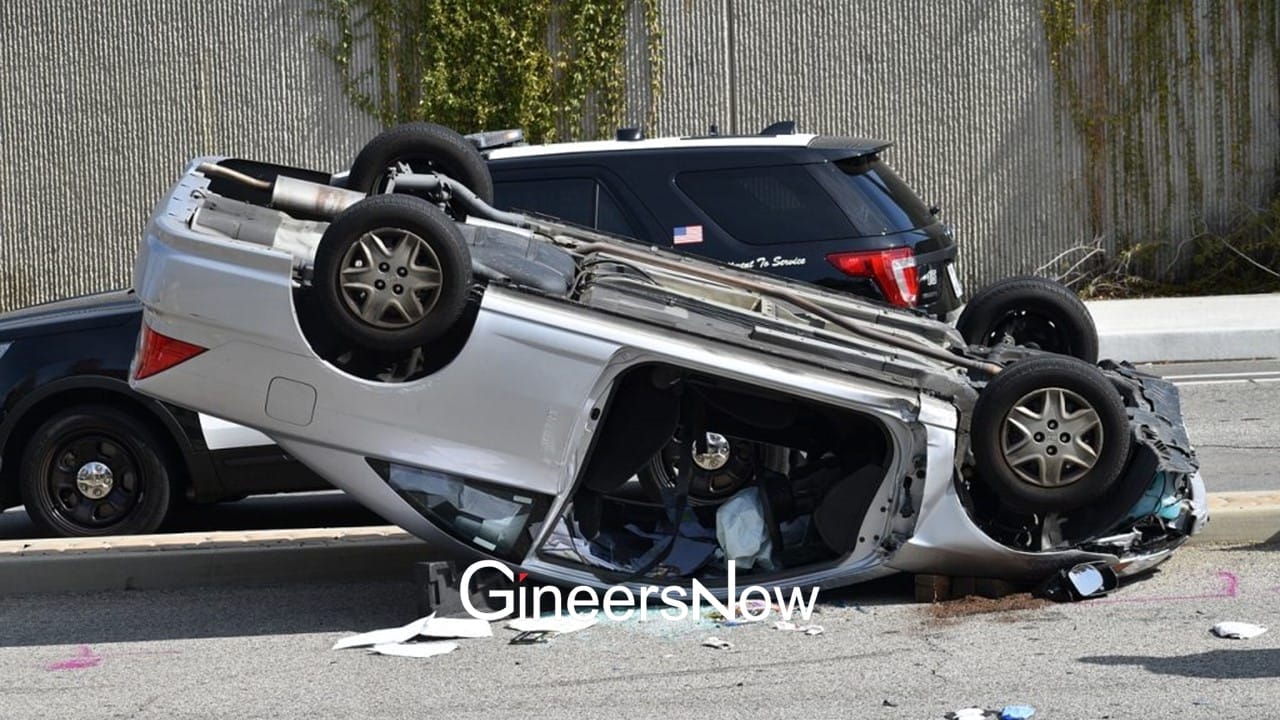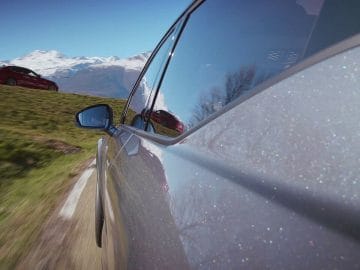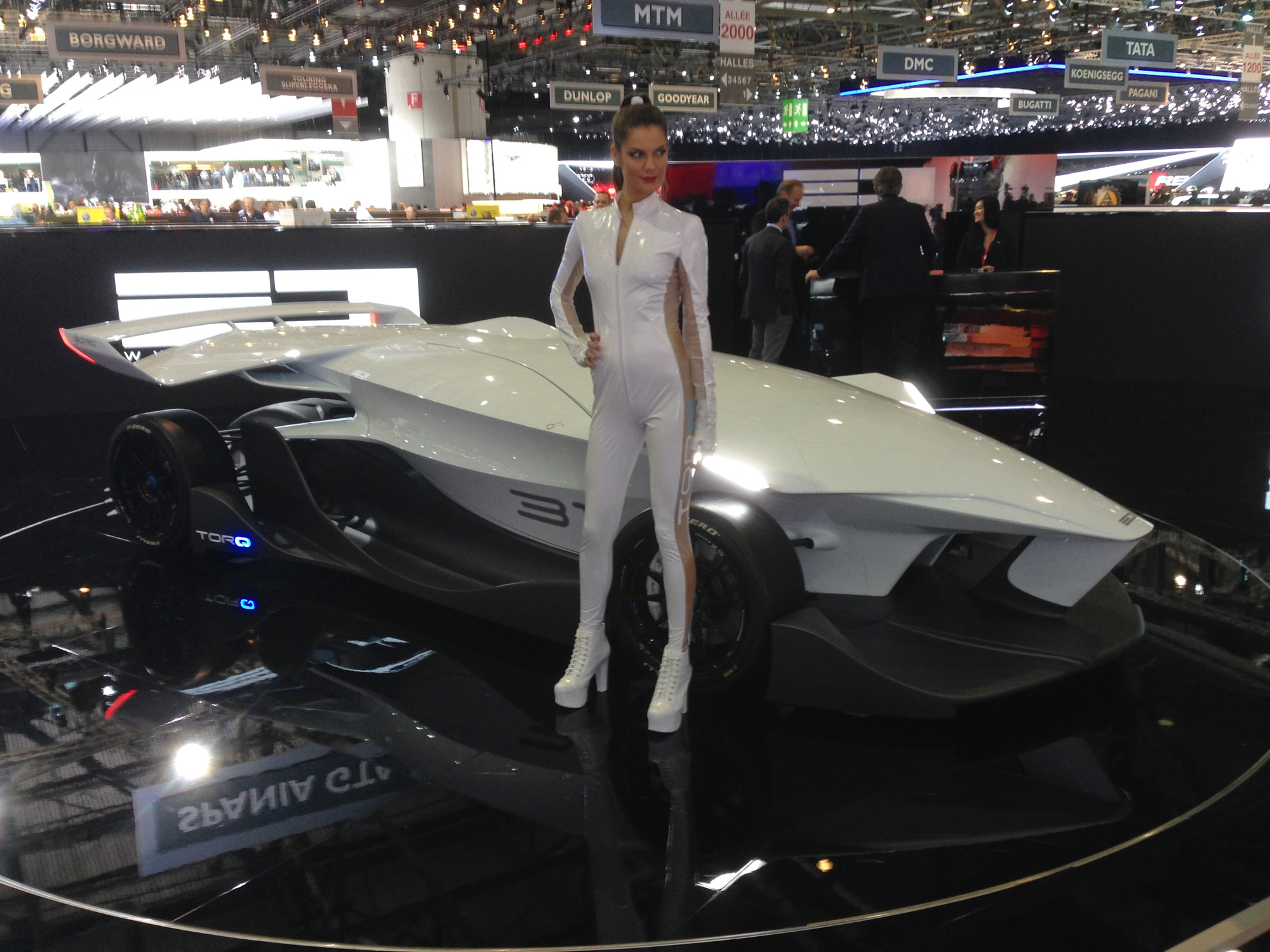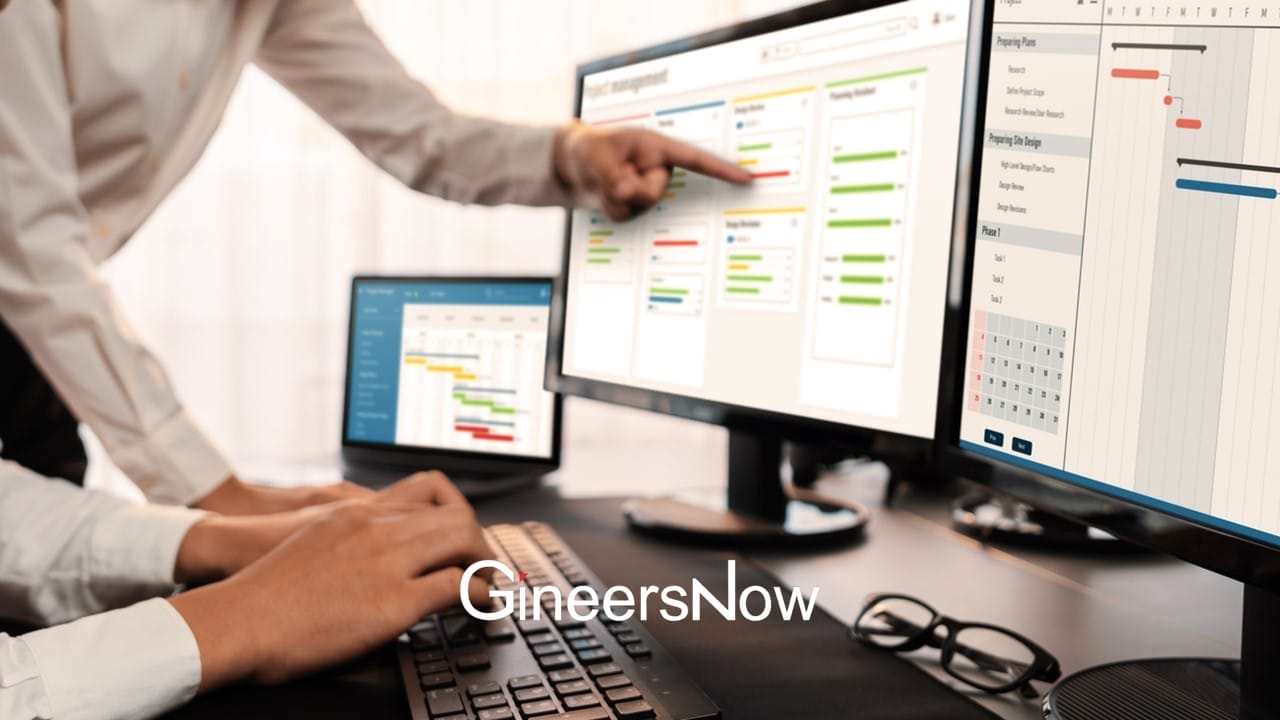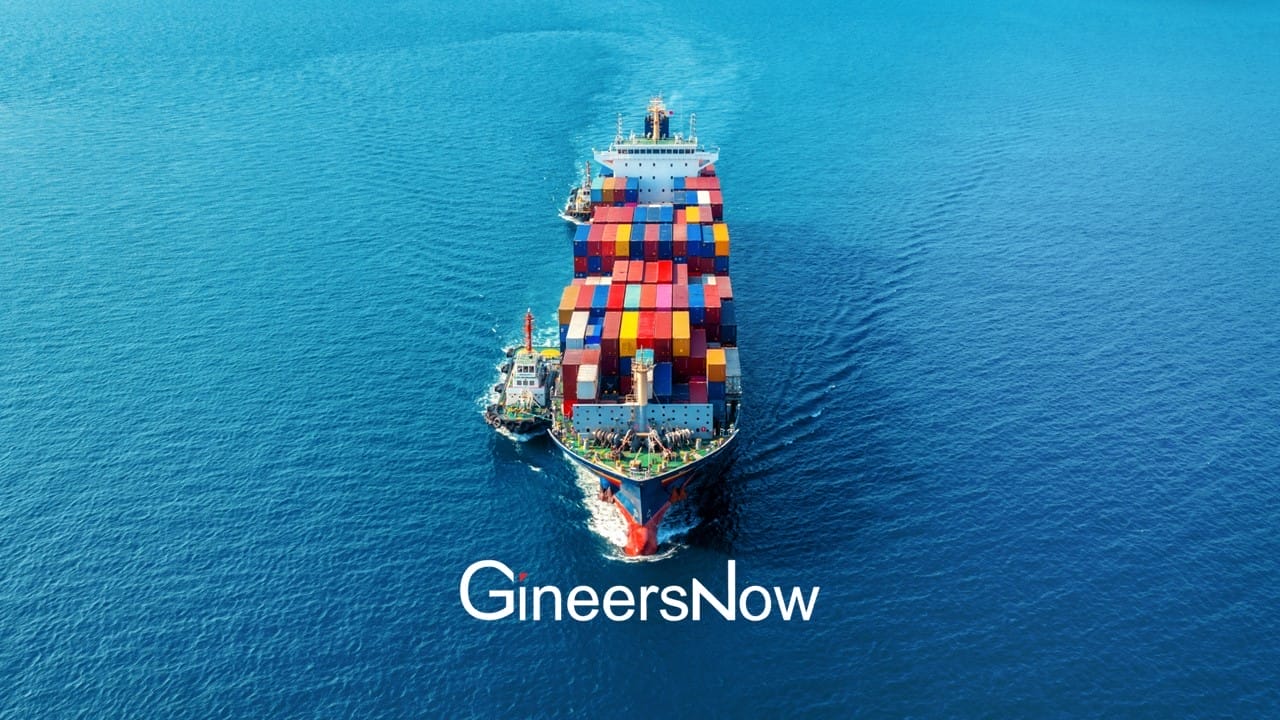Vehicle technology is getting better and more advanced. The day when roads are filled with self-driving cars—without a human operator present—may be closer than ever before. While these cars are constructed with advanced auto safety measures to avoid accidents, they are not perfect. In fact, 130 fully autonomous car crashes were documented in 2022. All of this begs the question: who is responsible for a car accident caused by a self-driving vehicle?
What Are Driverless Cars?
Driverless cars, also known as autonomous or self-driving vehicles, are regular passenger vehicles that utilize advanced sensors, cameras, radar, and artificial intelligence to operate without a human driver. Unlike traditional cars, driverless vehicles can steer, accelerate, brake, and monitor the road and surroundings without active human input. Leading technology companies and automakers have accelerated the development of fully autonomous cars and trucks over the past decade with the goal of improving road safety and transforming transportation.
At the moment, liability in collision cases involving automated vehicles is largely determined by law. However, as these automated processes become more ingrained in the functioning of motorized vehicles, determining liability may become a bit more complex. Experts like car accident attorneys at The Rothenberg Law Firm LLP will diligently address your inquiries and demonstrate the utmost commitment to your claims.
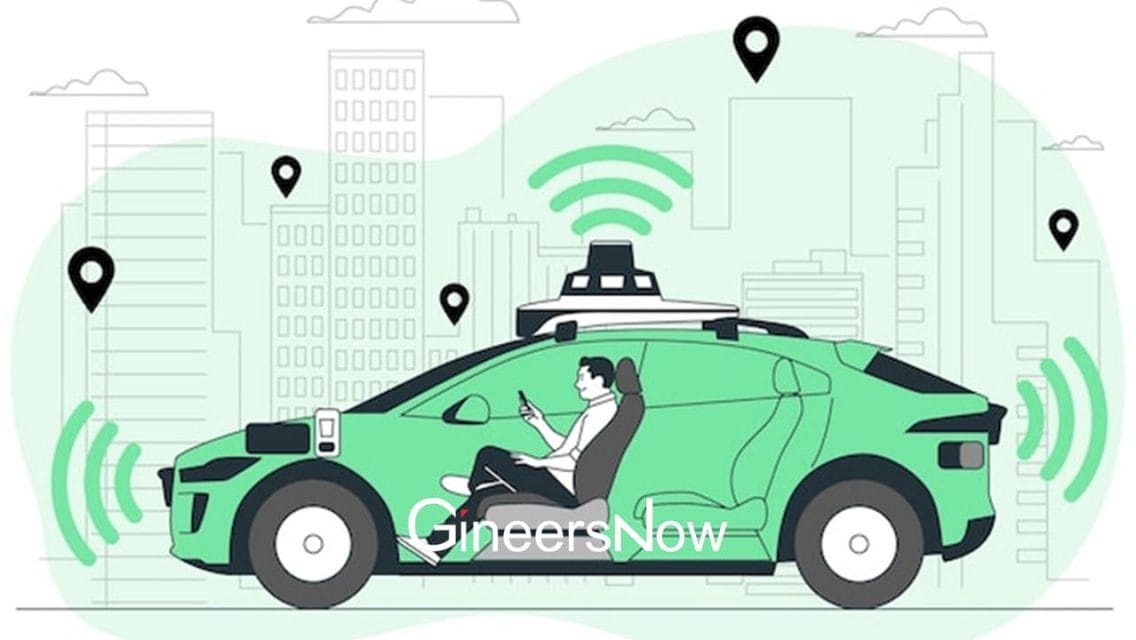
Different Levels of Automation
The NHTSA divides the different levels of autonomy as follows:
- Level 0 – No Automation: The human driver does all the driving.
- Level 1 – Driver Assistance: Basic functions like automatic braking are automated, but humans still do all the steering and acceleration.
- Level 2 – Additional assistance: The vehicle can control steering, acceleration, and braking in certain situations, but a human driver must remain engaged at all times.
- Level 3 – Conditional Automation: The car can handle most driving functions, but the driver must be ready to take over if requested.
- Level 4 – High Automation: Fully automated driving in certain conditions and scenarios. No human intervention is required, but an automated system will request human takeover in certain scenarios.
- Level 5 – Full Automation: The vehicle is capable of performing all driving functions in all conditions. No human intervention is required.
How is Liability Determined in the Event of an Autonomous Vehicle Crash?
In today’s society, when an accident occurs, it often involves two or more drivers. The liability is placed on one of the drivers. However, determining liability in the event of a collision between a driverless car and a human-driven vehicle may be more difficult. Instead of relying on what the driver says, insurance companies might place greater emphasis on data derived from electronic control modules such as black boxes.
Manufacturers of semi-automated or completely autonomous cars may also be held accountable if their vehicles cause an accident. If a driverless car causes a collision due to technological or software flaws, the automaker is held responsible. In this regard, the legal precedence is more in line with a product liability case.
However, keep in mind that automakers may not be keen to pay out claims. Those injured in collisions must still show the degree of their injuries.
Can The Driver Or Owner Of An Autonomous Vehicle Still Be Held Liable?
Certainly, there are some circumstances in which the driver or owner of a self-driving car could be held liable. For instance, if the driver decides to operate the vehicle manually rather than utilizing automation, he or she may be held liable if a collision happens.
Additionally, if a vehicle requires maintenance or servicing to function properly, and the owner fails to repair the car, the owner may be held accountable if this failure results in an accident.
Conclusion
Whether a vehicle is autonomous or not, liability can still be challenged following a collision. If you find yourself in a situation where liability is a concern, you should seek the assistance of an experienced car accident attorney.


